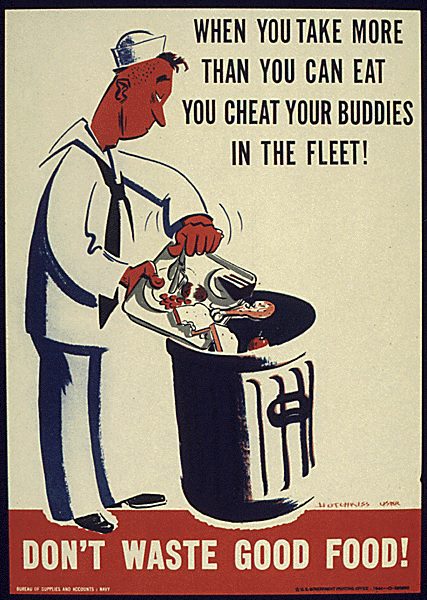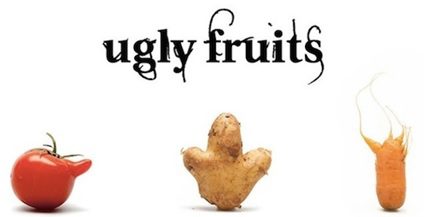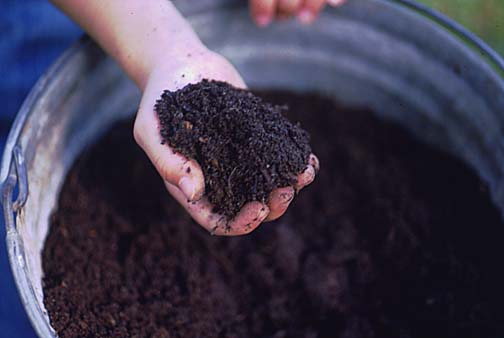Today’s blog is brought to you by Emily, one of our environmental educators. Emily loves holiday treats (especially her grandma’s jell-o salad), but hates seeing good food go to waste. Keep reading to see how you can reduce the amount of food you throw away.
‘Tis the season for friends, fun, and food. With all the festivities this time of year, it’s easy for us to be up to our eyeballs in pumpkin spice lattes, turkey sandwich leftovers, and sugar cookies from the grandkids. And with food comes food waste. This holiday season, give a gift to the environment by putting your trash can on a diet.
According to the United States Department of Agriculture, Americans throw away up to 40% of the food supply each year, valued at almost $390 per consumer in 2008. That means every year we’re throwing away enough food to constitute at least a month’s worth of groceries. Since food has become so convenient and readily available, many people wonder what the big deal is. What’s wrong with this picture? We are wasting resources – land and water to grow the food, money to purchase it, and time and energy to prepare the finished product. After unwanted food enters our trash cans, it makes a long, diesel-powered journey to the landfill (soon to be the landfull), where it rots, releasing harmful greenhouse gases. About 14.5% of our municipal solid waste is food waste. Fortunately, the solution is within our reach.
Now, before you go all Dr. Brown on us, let’s look at some simple steps you can take today.
- Serving size – As this World War II poster reminds us, taking more than we can eat is one of the most common reasons we dispose of food. It’s better to return for seconds than to throw usable food away. When eating out, asking for a take-out container (or bring your own) when your food arrives to help remind you to take home the leftovers. As you teach your children, friends, and family to be mindful of the helping they put on their plate, you are instilling healthy habits for them and the earth.

- Make a list and check it twice – Despite our best intentions, sometimes our food spoils. Planning ahead before you even get to the grocery store can help prevent that. For example, if you know you want to make a recipe using chicken stock, plan to cook another dish using chicken stock later that same week.
- Embrace the ugly – Picking through the produce piles is like a quest for the perfect fruit or vegetable. However, if a potato has an odd knob, or an onion has a conjoined twin, chances are it will taste exactly the same as its normative cousins, especially if you’re chopping it up. Now, we’re not condoning purchasing bruised or unfit for consumption. Rather, you’ll be giving a home to an otherwise discarded piece of perfectly good produce. Besides, it makes for a wonderful game of Rorschach Vegetables.
- Love those leftovers – For some, leftovers are the gift that keeps on giving. Others, however, tire of the same meal for weeks. For inspiration on how to jazz up your leftovers, turn to the wonderful world of Pinterest. Maxed out on turkey sandwiches? Freeze your cooked turkey for up to 6 months and keep that tryptophan train runnin’ well into the spring.
Waste Free SD Tip: Choose reusable containers to store your leftovers instead of non-recyclable plastic resealable bags.
- Compost – You don’t have to have a lot of space to compost! Contrary to popular belief, apartment dwellers as well as homes with yard space can significantly reduce the amount of food waste that makes it to our landfills and in return, you’ll have a nutrient rich compost for your garden by spring! Click here to learn more and stay tuned for our blog series on composting, coming soon to a computer screen near you.
As with other eco-friendly actions, reducing food waste is all about our choices. Start today with a small commitment to take a step to decrease your food waste. It may take time to build these habits, but when we’re able to stretch the life of our landfill to accommodate our children and grandchildren, it will certainly be worth it.
To learn more, check out this video:





1 Comment
My family members always say that I am killing my time
here at net, but I know I am getting know-how everyday
by reading such nice content.
Comments are closed for this article!